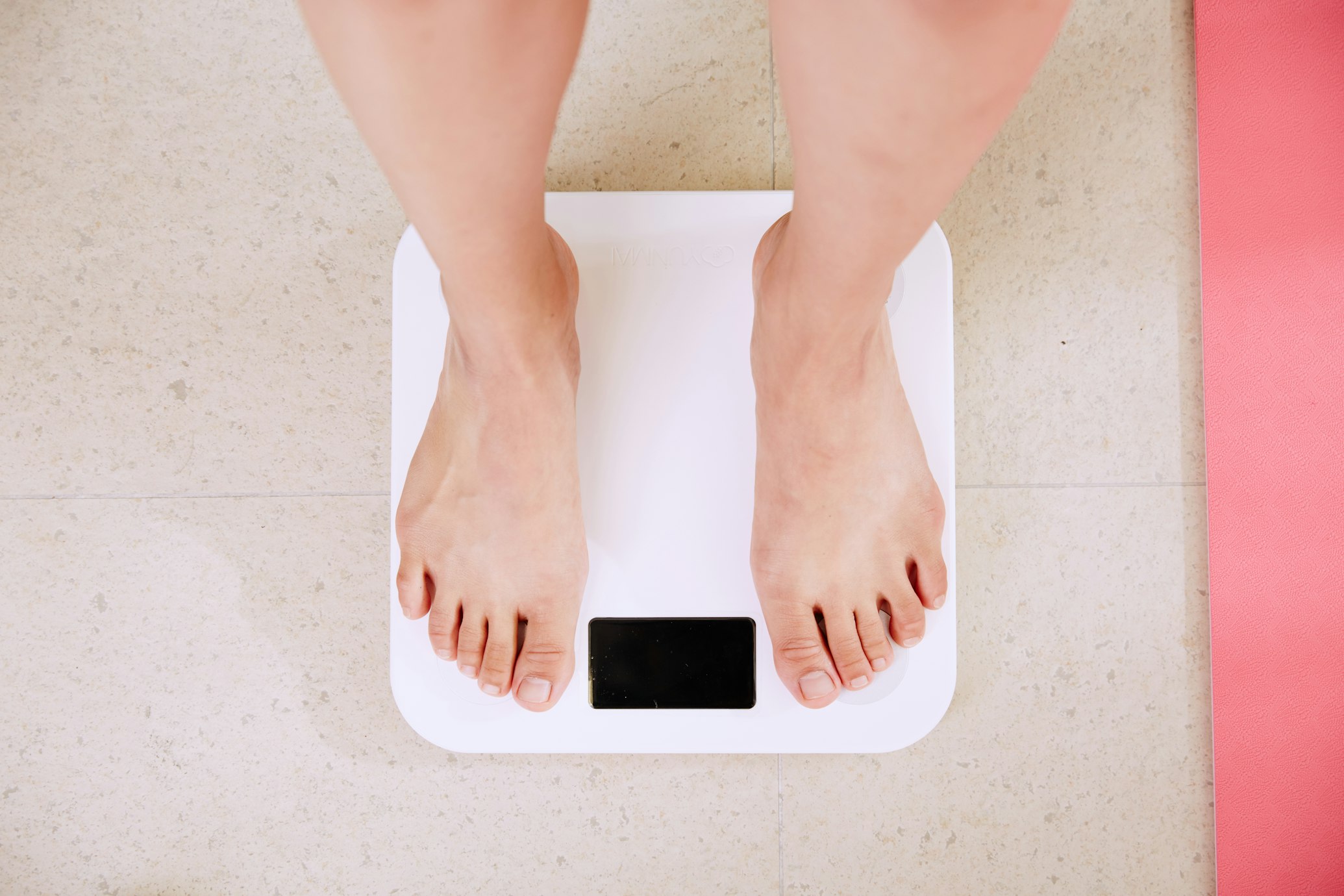How Many Calories Should You Eat to Lose Weight?
Discover the science behind calorie deficit and how to calculate the right amount for your body.
If you're trying to lose weight, gain muscle, or improve your overall health, you've probably heard conflicting advice about whether to count calories or track macros. Some swear by calorie counting, others are devoted to tracking protein, carbs, and fats. But which approach is actually more effective—and for what?

A calorie is simply a unit of energy. All foods provide energy, and the total calories you consume each day determine whether you gain, lose, or maintain weight. The classic rule: consume fewer calories than you burn, and you’ll lose weight. But that’s only part of the story.
“Macros” stands for macronutrients: protein, carbohydrates, and fats. Each has a different calorie content—protein and carbs provide 4 calories per gram, while fat provides 9. But beyond numbers, macros serve specific functions in your body. Protein repairs tissues and builds muscle, carbs provide quick energy, and fats support hormones and brain function. Tracking macros allows you to shape body composition more intentionally.
Calorie counting is a straightforward method for weight control. It teaches awareness of portion sizes and food labels. However, it doesn't tell you anything about food quality or nutritional balance. A day of 1800 calories from donuts and soda is not the same as 1800 calories from chicken, rice, and veggies.
Tracking macros gives you control over the balance of nutrients in your diet. It’s especially useful for athletes and anyone trying to gain muscle or preserve lean mass during fat loss. You might still be eating the same number of calories—but getting more protein and less sugar, for example—which makes a huge difference in how you feel, perform, and look.
The answer depends on your goals. If your main goal is to lose weight and simplify your diet, calorie tracking might be enough to start. But if you want to fine-tune your physique, improve workout performance, or eat more mindfully, tracking macros will give you better results.
Also consider your personality. Some people find macro tracking too detailed and stressful, while others love the structure. Start simple and build from there.
Here’s a basic guideline:
Our Meal Calorie Calculator and Protein Calculator can help you strike the right balance. Use them together to find your calorie needs—and distribute macros that support your goals.

Discover the science behind calorie deficit and how to calculate the right amount for your body.

Understand the difference between your resting metabolic rate and daily energy expenditure.

Learn how to lose fat while maintaining lean body mass with the right protein and workout approach.

Use our hydration tips to calculate your daily water needs and stay energized all day.

BMI can be helpful—but not perfect. Find out how to interpret your results accurately.

Whether for weight loss or muscle gain—get the exact grams your body needs.

Is skipping meals really healthy? Science says yes—if done correctly. Learn more.

Save time and burn fat with easy-to-follow meal prep strategies for busy lifestyles.

Are all calories equal? Discover how protein, carbs, and fats affect your body differently.

Walking is powerful. Learn how far you need to go to reach your fitness goals.

Weight changes? Workout routine updated? Here’s how to update your daily calorie needs.

Still stuck? Learn about metabolic adaptation and how to break through plateaus.